Contrary to popular belief, using Earth-abundant metals as catalysts in cross-coupling reactions is not necessarily more sustainable than using palladium, new research suggests.1
Suzuki–Miyaura coupling is one of the most widely used carbon–carbon bond forming reactions. It typically links an organoboron compound with an organic (pseudo)halide, and has a broad range of applications, including total synthesis and producing polymers and pharmaceuticals. Palladium-based catalysts have long been the first choice for Suzuki–Miyaura and most other cross-coupling reactions. But palladium is rare and expensive. Moreover, mining the metal creates significant environmental damage.
Countless research studies have therefore looked to replace palladium catalysts with ones made from Earth-abundant metals such as nickel, cobalt and iron. Now, an analysis by Michael Luescher and Fabrice Gallou at Novartis in Switzerland, and Bruce Lipshutz at the University of California, Santa Barbara in the US has called that logic into question.
The trio analysed model data from two studies reporting Suzuki–Miyaura coupling reactions that produce 5-(thiophen-3-yl)pyrimidine; one used a nickel catalyst,2 the other a palladium one.3 They considered both synthetic approaches and all their steps, then scored them on various criteria, including climate change, eutrophication and resource use, to understand each process’ total environmental footprint.
Metal cost, natural abundance and pollution from mining are often the main considerations for such analyses, however they reported that ‘a more accurate picture emerges when several additional reaction parameters involved in the compared couplings are considered.’
For example, using organic solvents significantly diminishes the sustainability of a coupling process. In terms of the total environmental footprint, performing palladium-catalysis in water is 40–50% better than nickel-catalysis in an organic solvent. Moreover, palladium often requires significantly lower catalyst loadings than nickel.
While palladium-catalysis comes out on top in this particular analysis, the findings are not general to all cross couplings. ‘Any “conditions” benefits associated with palladium can be adapted to the much more Earth-abundant nickel,’ says Mark Stradiotto, who develops Earth-abundant first-row metal catalysts at Dalhousie University in Canada. Furthermore, Stradiotto says ‘rapid advances in nickel catalysis – for example ancillary ligand development – are serving to enable reduced nickel loading, thereby rendering nickel more competitive on an absolute basis with palladium in a large number of commonly used cross couplings, especially beyond Suzuki–Miyaura.’
However, Stradiotto says the study does ‘an excellent job of bringing to light the complexity of such an analysis’. Adding that ‘collaboration [between chemists] is so important’ when developing more sustainable catalytic protocols in the future.
The study concludes that ‘the overall picture being put forth encouraging a switch to Earth-abundant metals, and nickel, in particular, as a replacement for palladium in cross couplings, and perhaps other types of processes, is not necessarily valid from an environmental perspective. Instead, it suggests that nickel is better regarded as complementary to, and not a replacement for, palladium.
References
1 Mi U Luescher, Fabrice Gallou, Bruce Lipshutz, Chem. Sci., 2024, DOI: 10.1039/d4sc00482e
2 S D Ramgren et al, Org. Lett., 2013, 15, 3950 (DOI: 10.1021/ol401727y)
3 S Handa et al, Science, 2015, 349, 1087 (DOI: 10.1126/science.aac6936)



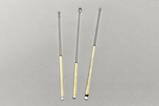


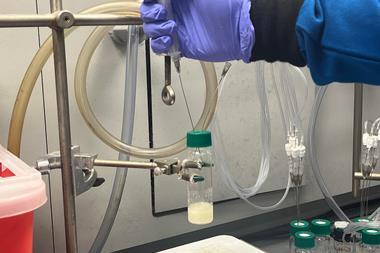
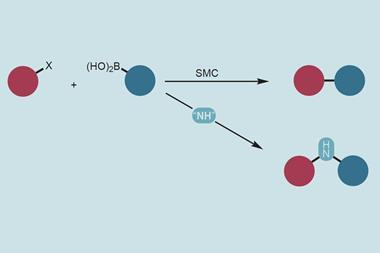
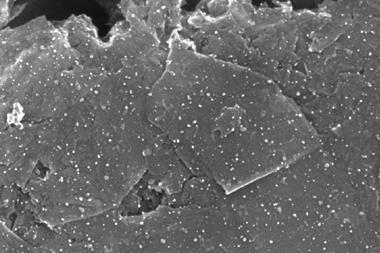
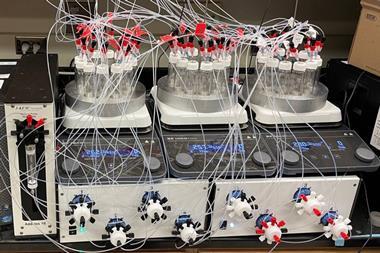
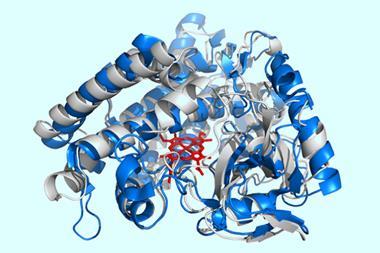






No comments yet